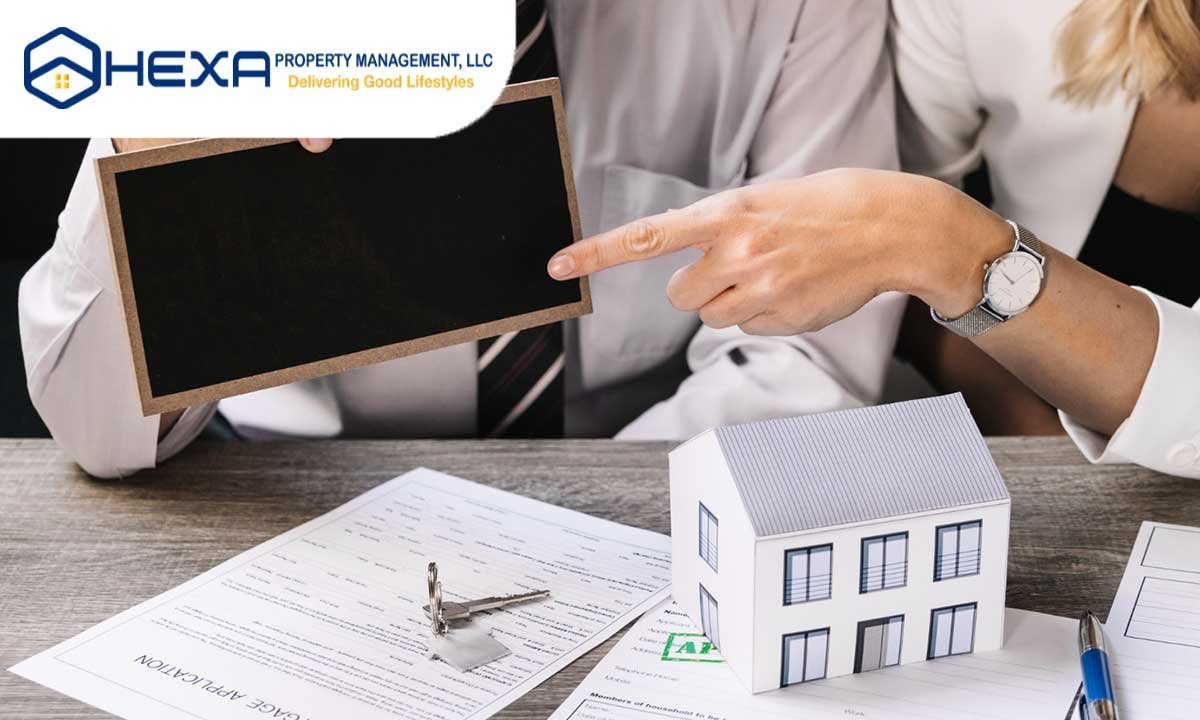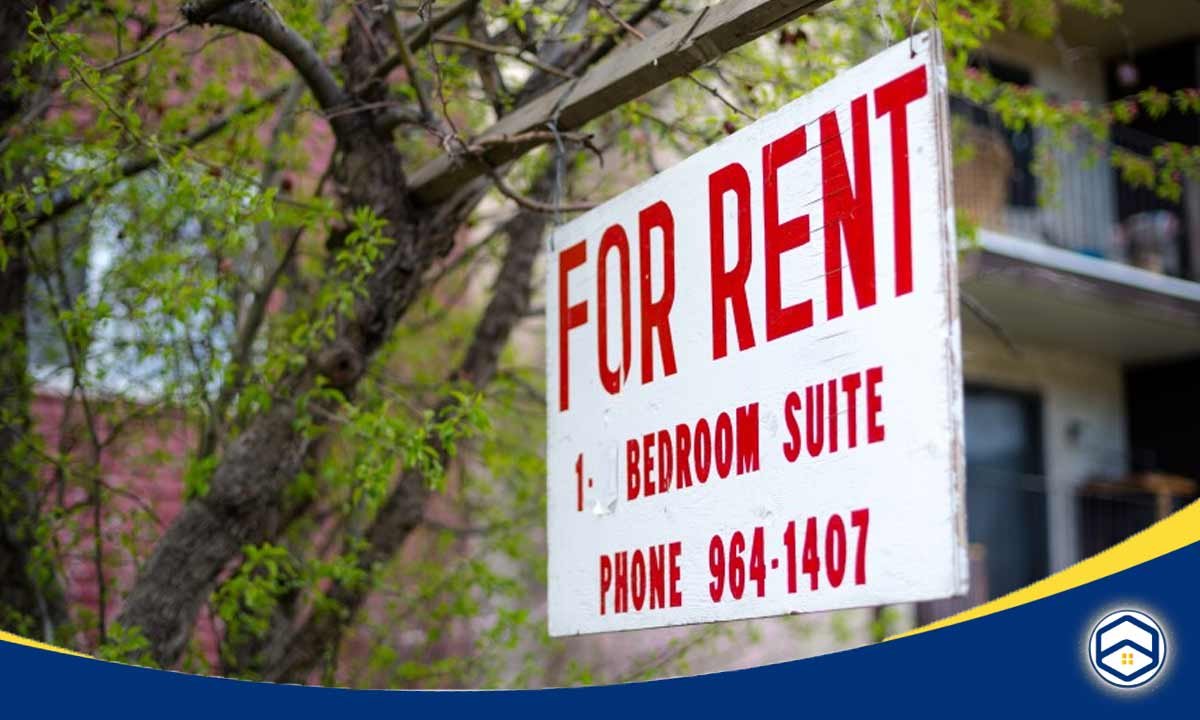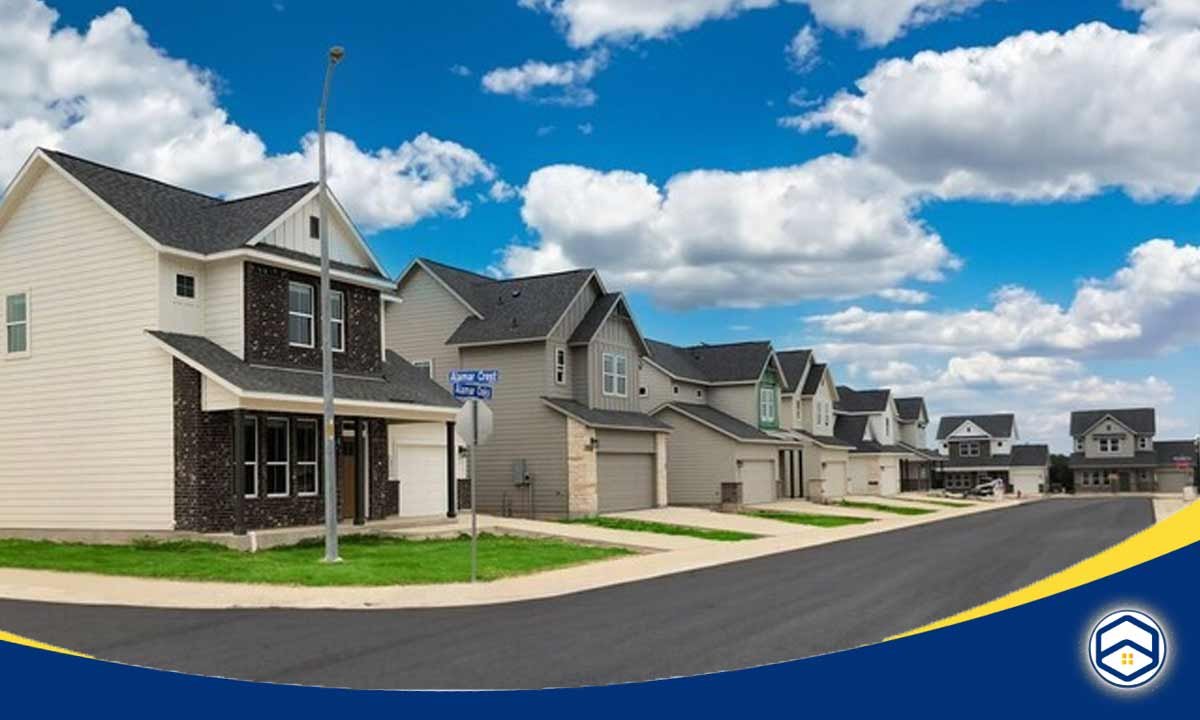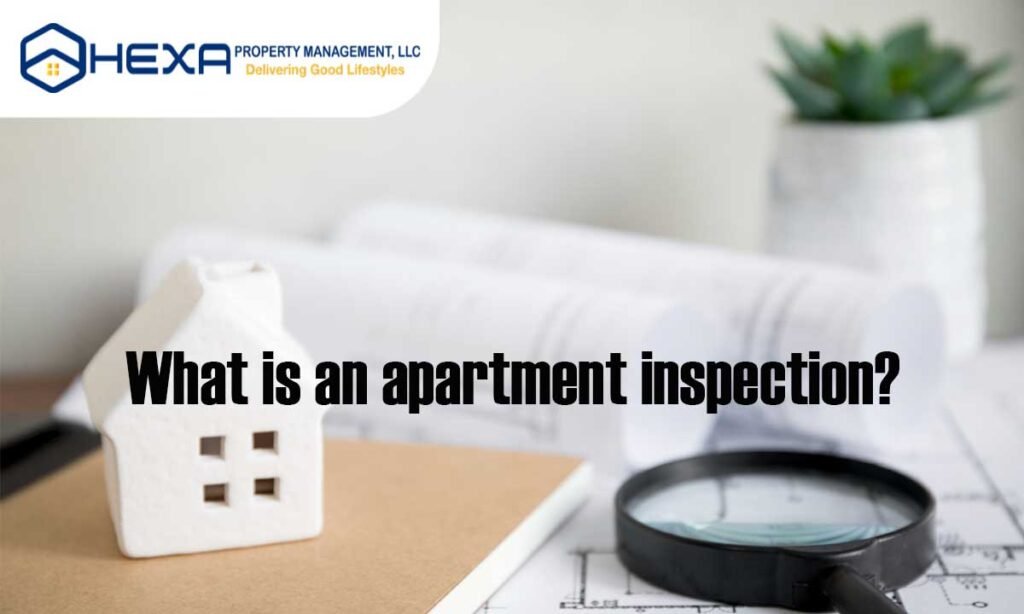Picture apartment inspections as friendly check-ups for your rented home! They’re like the landlord’s way of making sure everything’s tip-top and cozy in your place. So, let’s dive in and discover the secrets behind these routine visits. From what they’re all about to how to ace them like a pro, let’s unravel the story of apartment inspections!
What is an apartment inspection?
An apartment inspection is a routine examination conducted by landlords to ensure that the property is well-maintained and that tenants are abiding by the terms of their lease agreement. The frequency of these inspections varies, typically outlined in the lease agreement. Landlords may schedule inspections annually, biannually, or solely during move-in and move-out processes. Landlords need to provide advance notice before conducting an inspection, usually within 24 to 48 hours. However, specific notification periods can differ based on state regulations.

Furthermore, some landlords may proceed with inspections regardless of the tenant’s presence. To understand the specific protocols, it’s advisable for tenants to carefully review the lease agreement for comprehensive details.
Why do apartments do inspections?
Apartment checks are done to find problems early and fix them quickly. They aim to make sure the place is safe for people who live there.
City checks make sure everything follows the rules, like local laws and safety codes. This helps both the owners and the people living there stay safe.

Owners get a few good things out of these checks:
- Legal safety: Checks to make sure everything follows the lease and the rules.
- Fixing problems: They help solve arguments and let owners take money out for damages, which stops them from losing money.
- Staying safe: Following safety rules keeps the place safe and stops owners from getting fines or legal problems.
Tenants also get some benefits:
- Safe living: Checks make sure the place is safe, especially in older buildings that might have dangerous things like lead or asbestos.
- Deposit proof: Checking finds problems before people move in, making it easier for tenants to get their deposit back when they leave.
Apartment checks help keep everyone safe and happy by making sure the place is safe and legal for both owners and tenants.
What do apartment inspections look for?
Apartment inspections are like regular check-ups done by landlords to keep the place in good shape. They check under sinks, change filters, and look for any damage. They also make sure smoke and carbon monoxide detectors are working fine.

Apart from the basics, they also check for bigger issues like cracks, mold, and leaks. These things can cause serious problems if they’re not caught early. Sometimes, these checks are part of the usual routine.
Other times, they’re focused on specific problems reported by tenants. And if there are complaints, landlords might do surprise checks, especially for things like smoking indoors.
The goal of these inspections is to maintain the property’s quality and make sure everyone follows the lease rules. Ultimately, it’s about keeping the place safe and comfortable for everyone who lives there.
How to prepare for apartment inspections?
Getting ready for an apartment inspection doesn’t have to be stressful. By following a few steps, you can make sure everything goes smoothly:
- Know your lease: Review the terms of inspections. Understand what’s expected and any specific requirements mentioned in your lease agreement.
- Clean thoroughly: A clean apartment makes a good impression. Don’t forget the carpets, surfaces, and all the nooks and crannies.
- Check safety devices: Test smoke and carbon monoxide detectors to ensure they’re working. Address any plumbing or electrical issues promptly for safety.
- Fix alterations: If you’ve made changes to walls or ceilings, ensure they’re in good shape. Make necessary repairs to keep everything looking neat.
- Appliance check: Clean provided appliances and make sure they’re in working order. Also, maintain windows, doors, and outdoor areas.
- Keep records: Keep documentation of any professional maintenance or repairs you’ve done. It shows you take care of the place.
- Address violations: If there are lease violations, deal with them beforehand. It’s best to fix issues before the inspection.
- Be present or communicate: Be available during the inspection if possible. If not, let your landlord know in advance and arrange for access.
- Stay in touch: Keep an open line of communication with your landlord. Discuss any concerns or issues before the inspection to avoid surprises.

Preparing for an inspection doesn’t have to be daunting. With a bit of planning and attention to detail, you can breeze through it and maintain a good landlord-tenant relationship.
Reasons why you might fail your apartment inspection
Passing an apartment inspection is crucial to maintaining a good relationship with your landlord. However, there are several reasons why an inspection might not go as planned:
- Breaking lease rules: If you’ve got a pet without asking or regularly pay rent late, it might lead to inspection failure. It’s crucial to follow what’s written in your lease.
- Big property damage: Things like broken windows or holes in walls are common reasons for failing an inspection. Keeping your place in good shape matters.
- Changes without permission: Doing stuff to your place without asking your landlord can get you in trouble during inspections. Always get their go-ahead first.
- Cleanliness issues: Having a messy place during an inspection can cause problems. Keeping things clean and tidy is key.
- Bugs and pests: They’re not just a nuisance; they can also make you fail an inspection. Doing your best to control them is important.
- Faulty detectors: Fire and carbon monoxide detectors need to work. If they’re broken or not working right, it’s a safety issue and might make you fail the inspection.
- Plumbing troubles: Leaks or water damage can cause inspection failure. It’s important to fix plumbing issues quickly.
- Electrical problems: Exposed wires or faulty outlets are risky and might make you fail an inspection. Making sure everything is safe is crucial.
- Damaged appliances: If your appliances are damaged, it might seem like you’re not taking care of the place properly.
- Unauthorized guests or pets: Having people or pets when your lease says no can lead to inspection failure. Stick to the rules set in your lease.
- Ignoring maintenance: Neglecting to fix things or do regular upkeep might make your place unsafe and could cause inspection failure.

Remember, abiding by the rules in your lease and keeping your place clean and in good condition are key to passing inspections without any issues.
What happens when you fail your apartment inspection?
Whenever an apartment inspection doesn’t go well, the results can vary based on how serious the problems are and what’s in your lease agreement:
- Written notice: Normally, landlords will give you a written note listing what they found during the inspection. This notice includes a timeframe for fixing those issues.
- Time to fix things: The time they give you to sort these problems can differ—sometimes a few days, sometimes a couple of weeks, depending on how bad the issues are.
- Consequences for damage: If there’s serious damage or neglect, you might face penalties, lose your security deposit, or be asked to pay for repairs, it’s all in the lease agreement.
- Risk of getting kicked out: If you keep breaking the rules in the lease or don’t fix things, it could lead to getting kicked out.

To avoid more problems, it’s important to stay in touch with your landlord. Talk about what the inspection found and show you’re serious about fixing things quickly.
Acting fast not only shows you care but also stops things from getting worse. Keeping in touch and fixing issues right away helps solve inspection problems and keeps things good between you and your landlord.
Remember, just because an inspection doesn’t go well doesn’t mean it’s over. By communicating and acting fast, you can often prevent things from getting worse based on what’s in your lease.
FAQ
How frequently do apartments do inspections?
In some states, they’re required once a year by law. However, property managers can decide how often they want to do them. Some do checks every few months, while others only do them when people move in or out.
Also, the lease you sign might say how often inspections will happen. This helps tenants know when to expect them. So, inspections can happen yearly because of laws or more often if property managers choose. It’s good for tenants to know when these checks might happen, so they’re ready.
How long does an apartment inspection often take?
An apartment inspection can take anywhere from 15 minutes to an hour. The time isn’t fixed and depends on a few things. If the checklist is long and needs a lot of checking, it’ll take longer.
Also, bigger apartments need more time because there’s more to look at. And if the inspector is really thorough and checks everything closely, it’ll take more time too. So, some inspections can be quick, while others might take longer, based on these things.
Is it possible to say no to an apartment inspection?
Most times, tenants have to go along with apartment inspections according to what’s written in their lease. These checks are usually part of the rental agreement, and agreeing to them is part of renting the place.
But sometimes, there might be a chance to change the inspection time. For example, if something unexpected happens or if you can’t be there during the inspection because of a real problem, some landlords might agree to reschedule.
It’s important to talk to your landlord about these situations and see if they’re okay with changing the inspection time.
At the end of the day, apartment inspections are the superhero cape for a happy renting world! They’re not just about checking things off a list – they’re the guardians of safety, comfort, and harmony. By teaming up – tenants and landlords alike – we make sure these check-ups are a breeze, keeping our rented spaces safe, snug, and always ready for our best moments. So, let’s keep the lines open, the spaces tidy, and our understanding strong to make these inspections a win-win for everyone involved!








